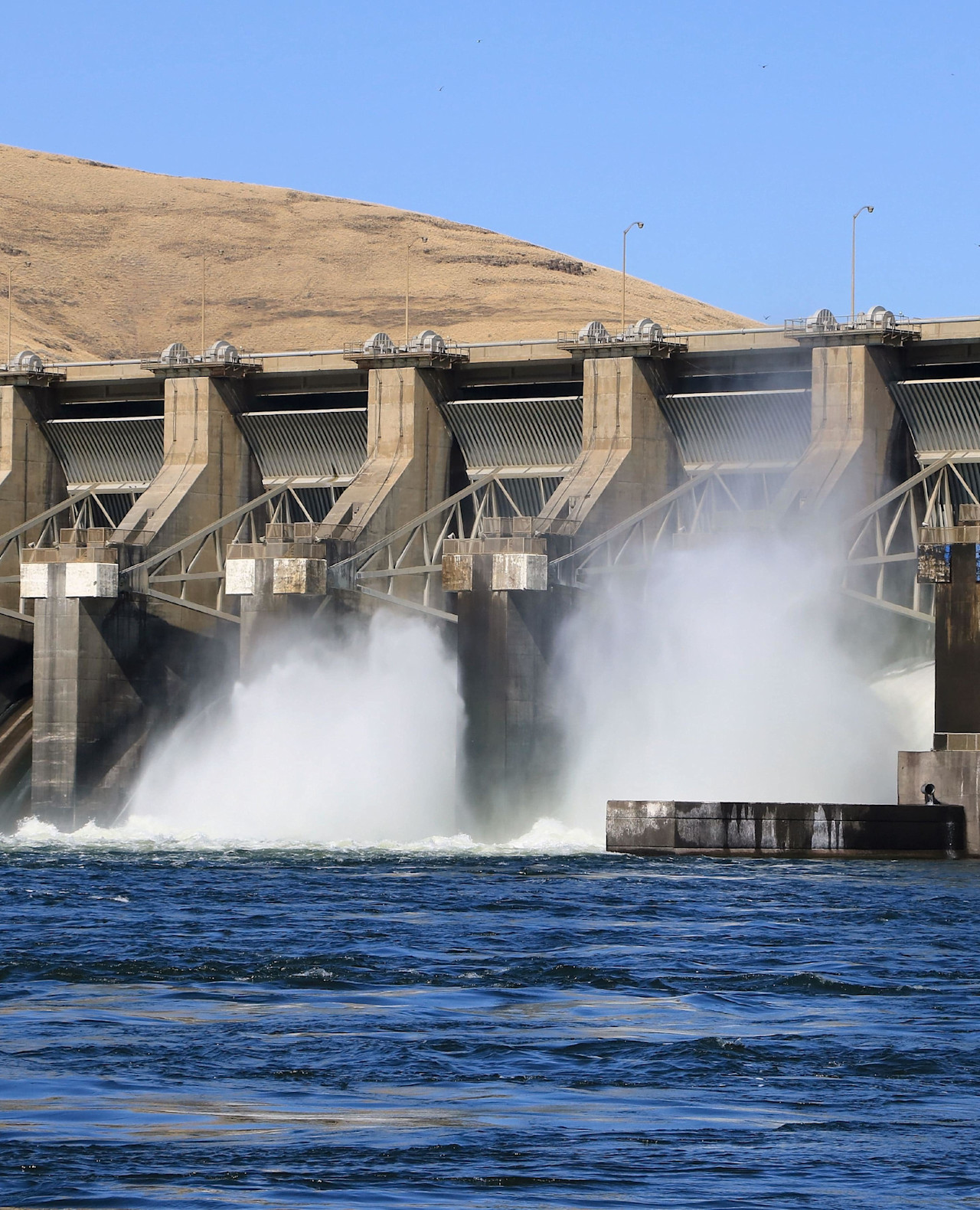

Charting a realistic path toward net zero
A two-word ambition that will take decades and tens of trillions of dollars: net zero. In this white paper we provide a practical framework for our approach to climate investment, and how we monitor our strategy’s carbon abatement potential.
Samenvatting
- The scale of the net-zero transition challenge requires optimism and pragmatism
- We group our investments into six themes: clean power, industry decarbonization, transport, buildings, nature-based strategies, and climate transition facilitators
- We use a novel approach in assessing the carbon abatement potential of the strategy
The global goal of net-zero emissions by 2050 represents an immense challenge, requiring trillions of dollars of investment per year. While the ambition opens numerous opportunities for green investments, the pathway to net zero is replete with potential environmental, technological and geopolitical pitfalls.
Recent years have witnessed a surge in net-zero commitments, from countries to corporations. However, these ambitious pledges face practical challenges, most notably illustrated by the 2022 energy crunch and post-Covid supply chain disruptions. The objective is subject to a trilemma: ensuring the transition to net zero is sustainable, affordable, and does not jeopardize energy security.
Robeco’s Net Zero 2050 Climate Equities strategy strives for a balanced approach. It acknowledges the constraints of physical reality, and emphasizes that a diversified investment portfolio across various climate solutions is necessary. The strategy revolves around identifying the sectors contributing to the annual global greenhouse gas emissions, which are estimated at 59 gigatons.
Breaking down emissions, power generation emerges as the primary culprit, accounting for around 33% of global emissions. But also the Agriculture, Forestry, and Other Land-Use (AFOLU) sector, for example, contributes significantly, primarily due to traditional farming practices and deforestation. Subsequently, for each of these emission sources we walk along different decarbonization pathways toward net zero.
The scale of the challenge is staggering. Global investment required for net zero is estimated at USD 5 trillion annually, a tripling of the current spend. While many advocate for accelerated investments, practical constraints, such as physics, technological cost reductions and financing challenges, especially in the renewables sector, hinder rapid expansion.
Global Climate Transition Equities I EUR
- Performance 3y (31-12)
- 16,79%
- morningstar (31-12)
- SFDR (31-12)
- Article 8
- Dividenduitkerend (31-12)
- No
- Actuele koers (5-2)
- 158,41
To understand these challenges, the Robeco Net Zero 2050 Climate Equities strategy team organizes climate solutions into six categories:
Net Zero Power: Emphasizes clean energy sources like renewables, hydrogen, and nuclear, but also explores upcoming technologies such as geothermal energy. Investments in grid networks and battery storage are crucial for supporting the expansion of renewables.
Net Zero Industry: Focuses on heavy industrial processes, especially hard-to-abate sectors like steel and cement. Solutions include energy efficiency, electrification, bioenergy, hydrogen, and carbon capture technologies.
Net Zero Transport: Beyond just electric vehicles, the real challenge lies in decarbonizing heavy-duty transport, aviation, and marine transport, requiring sustainable fuels, including advanced biofuels, and infrastructure expansion and upgrade.
Net Zero Buildings: Green retrofits, low-emission heating and cooling systems are key. True decarbonization of buildings is achieved when they’re connected to clean energy grids.
Net Zero Nature: This encompasses nature-based solutions, innovative farming practices, reducing food waste, and influencing consumer dietary patterns.
Transition Facilitators: Companies and entities that provide essential support, like financial capital providers, environmental consultancies, and science hubs, facilitating tangible climate solutions.
The Robeco Net Zero 2050 Climate Equities strategy aims to strike a balance between short-term and long-term solutions across these categories. Using a method of proxy assessment, the strategy’s impact is gauged in terms of its carbon abatement potential. Currently, the strategy’s direct climate investments translate into a carbon-abatement potential of approximately 170k tons of CO2 equivalent annually.
In the white paper you can download below, we go into the granular detail on how we calculated the strategy’s current climate abatement potential and how we see the net-zero transition developing in the next three decades. No one-size-fits-all solution exists, and the transition will be marked by volatility. However, with realism and optimism, we believe achieving net zero by 2050 is still within reach.
Download de publicatie
Ontvang de nieuwste inzichten
Meld je aan voor onze nieuwsbrief voor beleggingsupdates en deskundige analyses.
























